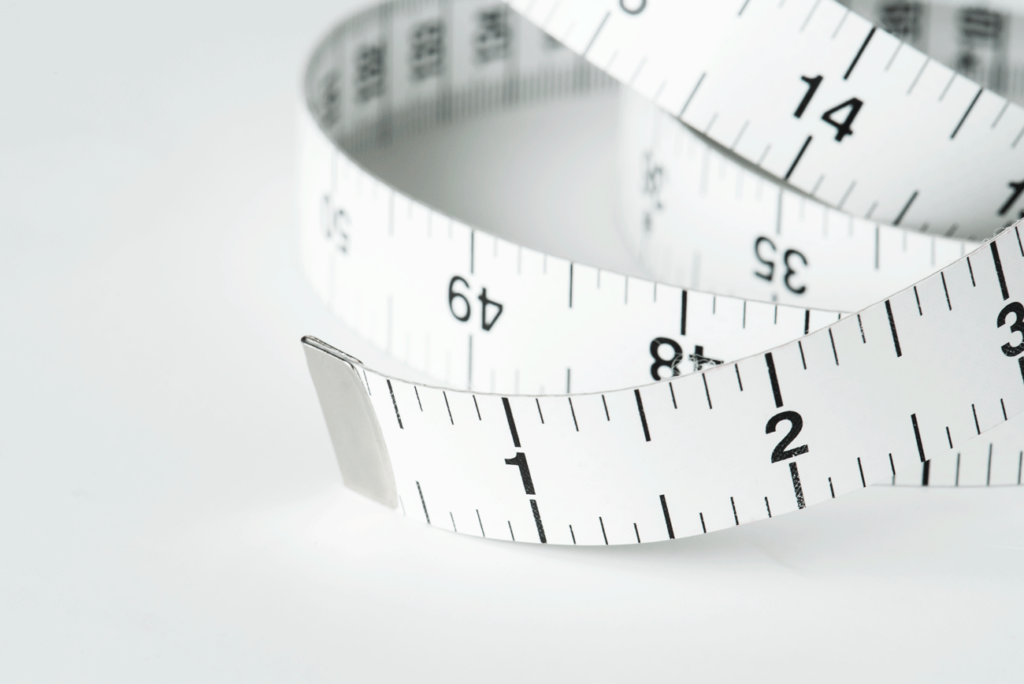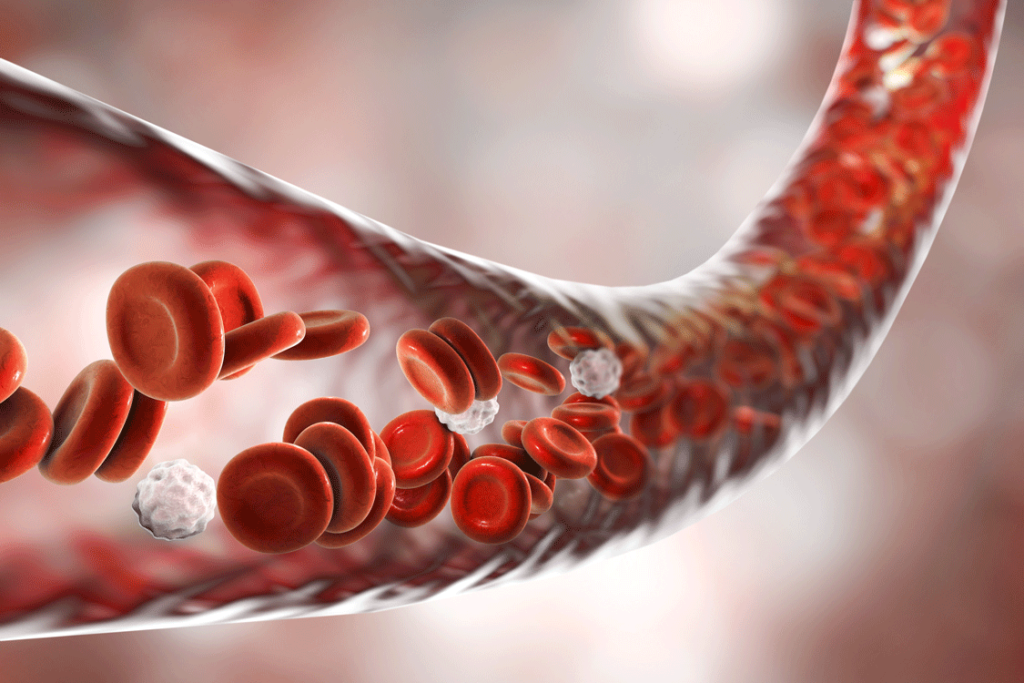
Hearing loss is something anyone can experience regardless of race or age and can’t always be avoided. There are several ways that someone could end up experiencing hearing loss themselves, but you can take steps to thin that chance by understanding what to look for. You may be surprised to find out that excessive weight gain can increase your risk of hearing loss. Although it may not seem like something that would affect your hearing, there are considerable effects of weight gain that can impact your hearing health.
Does obesity cause hearing loss?
The Centers for Disease Control and Prevention (CDC) estimated that approximately 36.9% of the American population was obese in 2021. Adults with a body mass index (BMI) range between 25 and 29.9 are believed to be overweight; those with BMIs of over 30 are said to be obese.
Being overweight does not directly affect your hearing. However, it increases the risk of many other health conditions linked to hearing loss, such as diabetes and high blood pressure.

We understand that our ears require healthy blood flow and oxygen to contribute to the health of the hair cells within our ears. These cells are responsible for detecting sound then restating it into an electrical signal that our brain can interpret to function correctly. Obesity stresses the walls of your capillaries, making it difficult to transport the oxygen to the hair cells effectively. Once the hair cells are damaged, they can not be renewed, leading to permanent hearing loss.
Due to excess weight making it more difficult for the heart to pump blood throughout the body, obesity can lead to hypertension (high blood pressure). It can also lead to an elevated risk of stroke, increasing your risk of developing hearing loss.
Furthermore, numerous analyses have shown that people with diabetes are more than twice as likely to develop hearing ass as those who do not have it. Type two diabetes and obesity share a strong correlation.
Adolescent’s hearing and obesity

A Columbia University Medical Center study revealed obese teenagers had almost double the risk of experiencing a unilateral hearing loss (single-sided deafness) compared to non-obese teens. These adolescents suffered sensorineural hearing loss due to deterioration to sensitive hair cells in the inner ear that transmit sound. This damage makes it difficult to hear what people are saying in a loud environment such as a classroom because it reduces hearing lower frequencies.
Hearing loss in youths is especially troubling because kids often don’t realize they have a hearing problem. If the problem isn’t managed, there is a chance the hearing loss might get worse once they become adults.
What can be done?
Studies have shown that women who exercised the most had a seventeen percent less chance of experiencing hearing loss when compared with those who exercised very little or not at all. Lowering your risk doesn’t mean you need to be a marathon runner. Simply walking for 15-20 minutes per day can reduce your risk of hearing loss by 15%.
Changes in your diet will benefit your whole family, as your diet can impact your hearing positively beyond the benefits gained through weight loss. If you or your child have some additional weight to lose, talk to them or speak with a certified health professional to put together a program to live a healthier lifestyle. Making it fun for the whole family is an excellent way to get everyone to participate and work together towards a greater goal.
If you suspect any degree of hearing loss, talk to a hearing healthcare professional to determine if it could be linked to your weight. Better hearing can come from weight loss, and there are resources available. An Audiologist can conduct a hearing test to verify your suspicions and advise you on the steps needed to deal with your hearing loss symptoms. A regimen of exercise and diet can be suggested by your primary care doctor if necessary.
Call us today or schedule an appointment.
